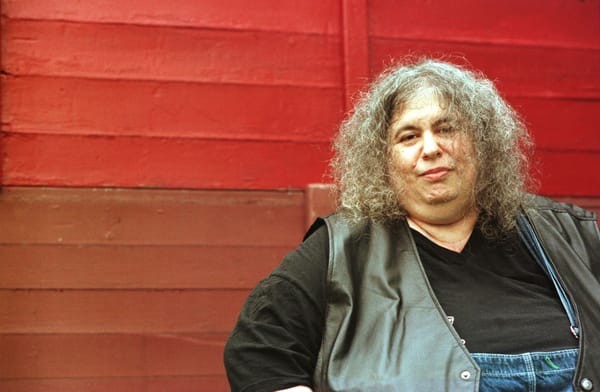When the public-relations firm Gray & Co. was hired by a publishers’ industry group to develop a strategy to defeat the anti-pornography ordinances being proposed across the country in the early 1980s, one of the two pillars of its strategy was to create the impression that the campaign “is being orchestrated by a group of religious extremists.” (The other was to deny any “factual or scientific basis” for a connection between porn and crime.) The association of the anti-pornography cause with Christian fundamentalism was considered one of its primary vulnerabilities—correctly, as it proved. All of the proposed ordinances were eventually defeated.
The willingness of feminists Catharine MacKinnon and Andrea Dworkin, who drafted and campaigned for those anti-porn ordinances, to take up the cause in spite of its low-status conservative associations has won them defenders on the right. Sohrab Ahmari, one of the cofounders of this site, dedicates an entire chapter of his book The Unbroken Thread to Dworkin, in which he compares her critique of modern sex culture with Saint Augustine’s dark account of human sexuality and praises her insistence that private exploitation has political importance; Ross Douthat has suggested a renewal of what he calls “the Dworkin-Fallwell alliance” for the #MeToo age.
This is a mistake. In the case of Dworkin, it is folly. It is obvious why so many are attracted to her: She was uncompromising and utterly sincere. She did not care whether her views were fashionable or unfashionable, or whether the reforms she was demanding of society were easy or hard. But indifference to worldly concerns is not an infallible indication of saintliness. Dworkin was the enemy of a few bad things and every good thing. Any alliance with her, no matter how limited or tactical, could only harm a worthy cause. Any attempt to rediscover her work will turn up only dross.
